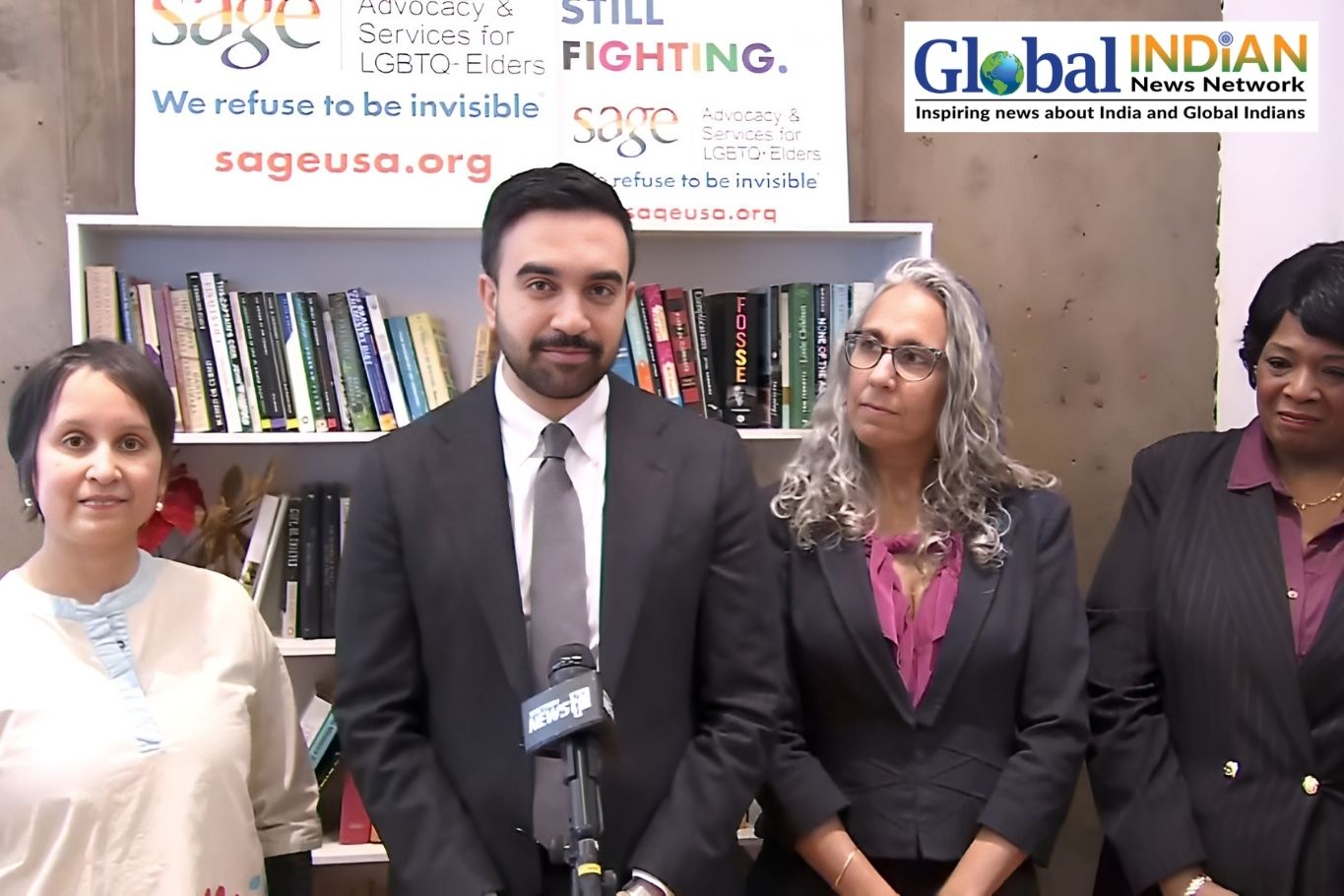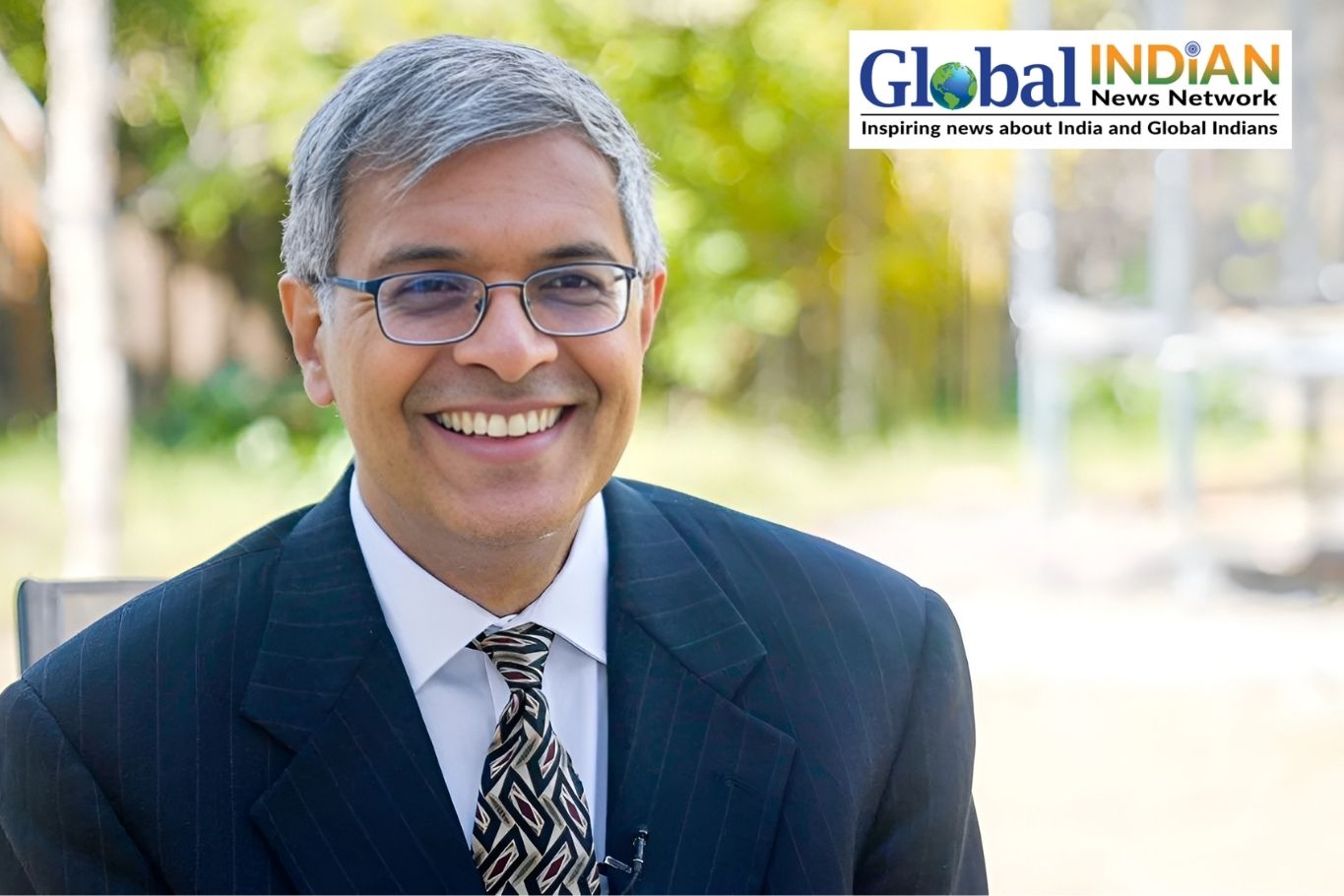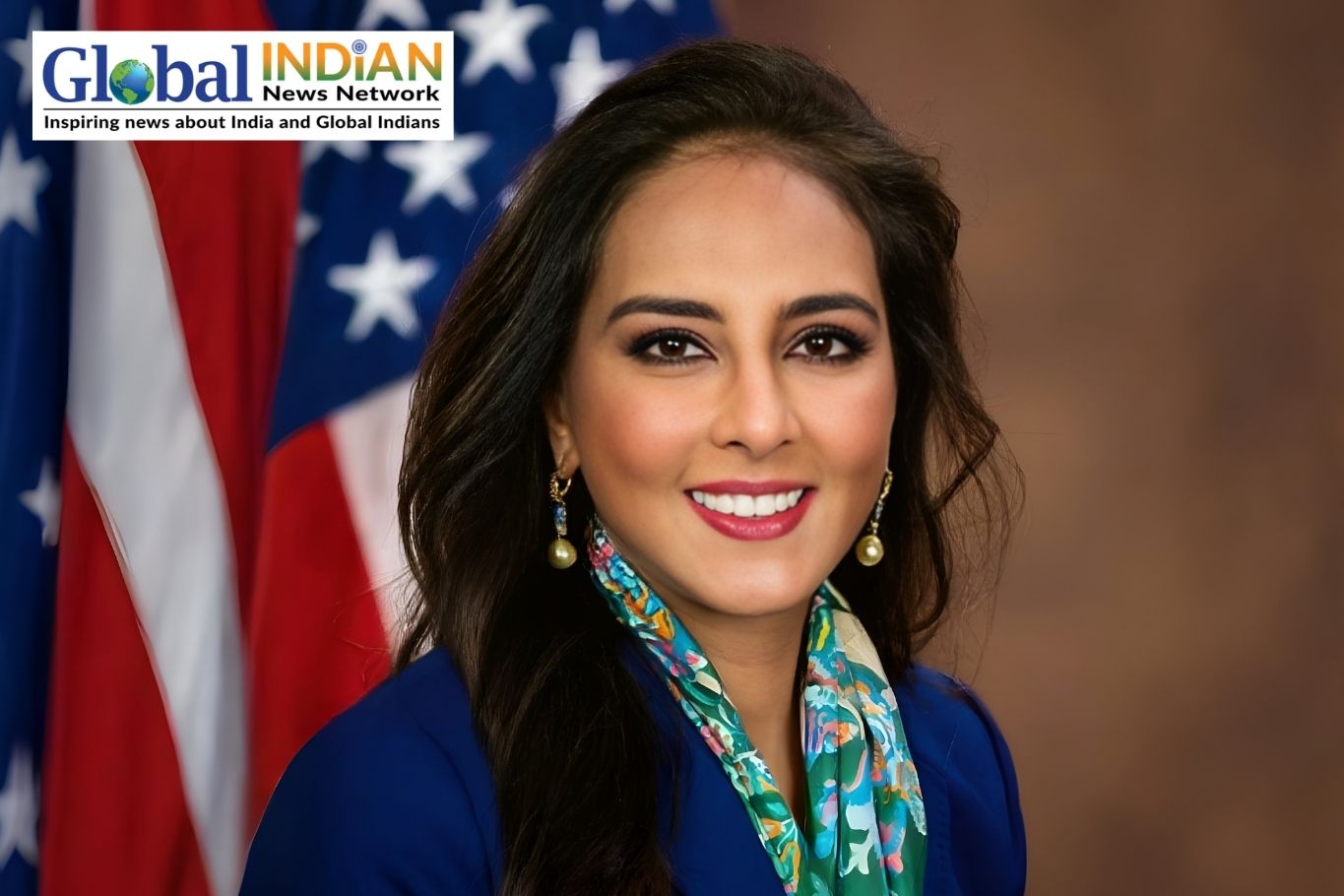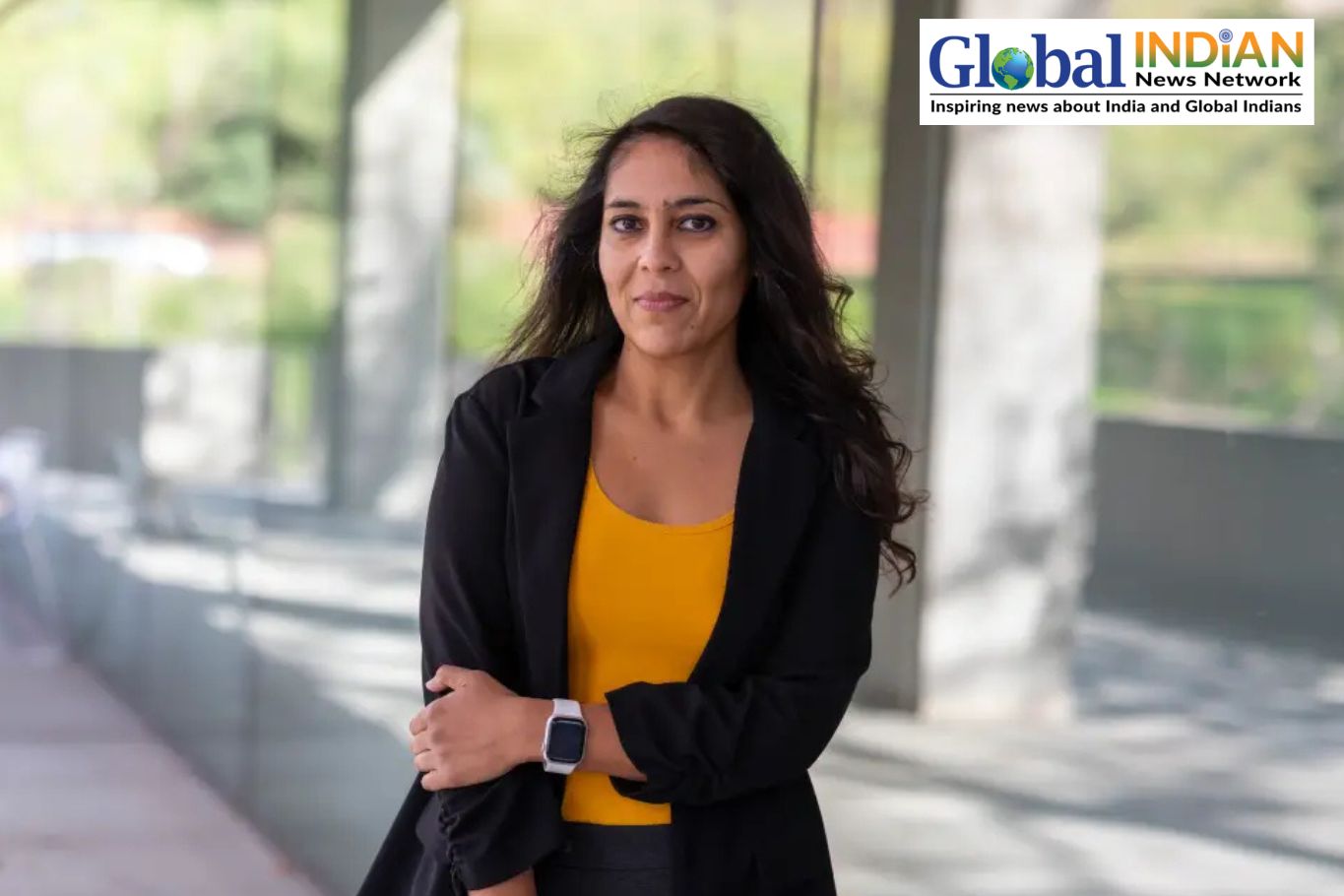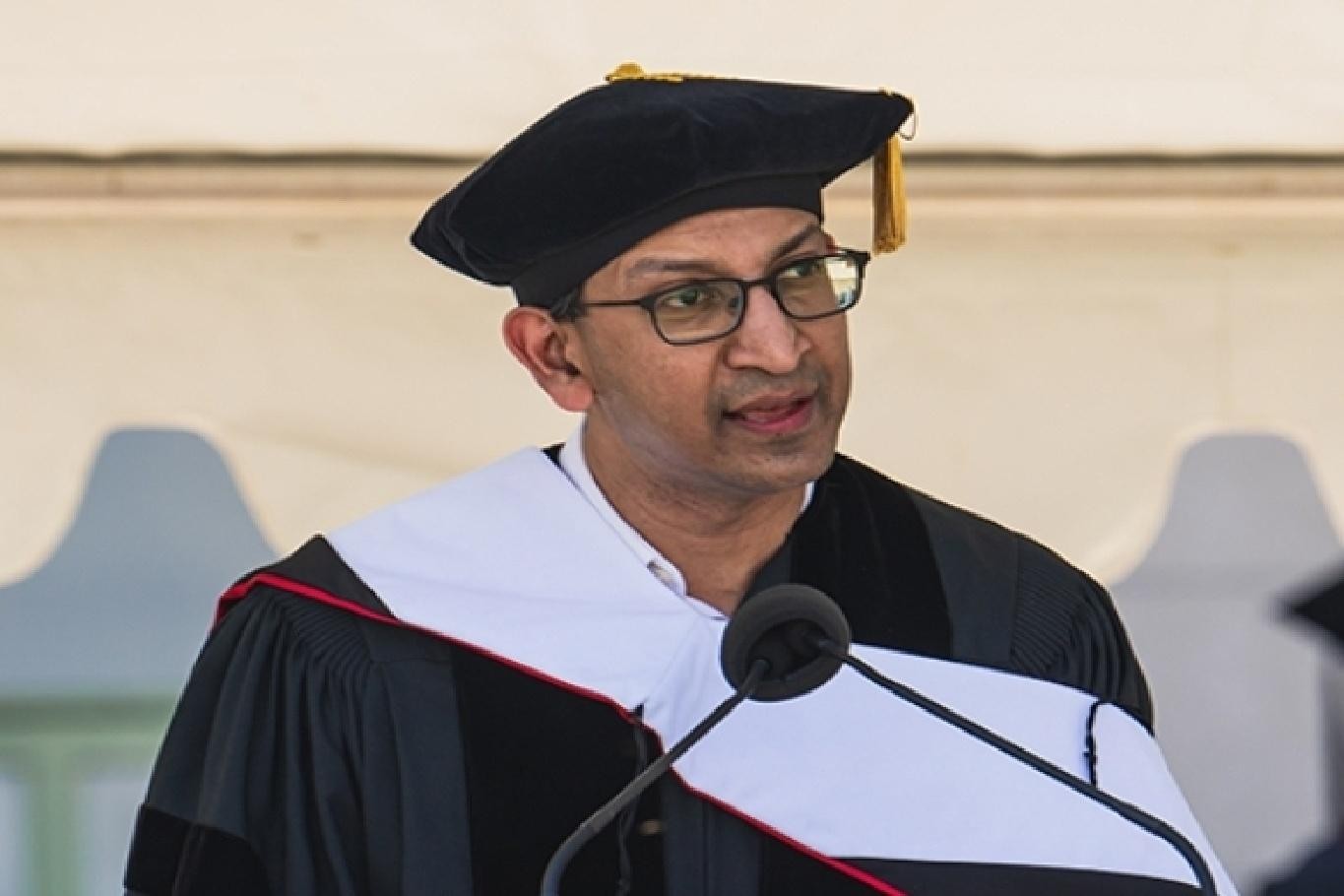
Raj Chetty, a renowned Indian American economist, was recently honored with an Honorary Doctor of Humane Letters by Wesleyan University, a private liberal arts institution in Middletown, Connecticut.
During his speech to the Class of 2024 at Wesleyan’s 192nd Commencement ceremony, Chetty highlighted his research on how opportunity disparity affects social mobility. He commended Wesleyan for its leadership in expanding access to higher education. “When a child moves to a neighborhood with better schools or attends a high-quality college, their lives are transformed compared to other kids who didn’t have the same opportunities,” Chetty remarked. “Opportunity matters, and education is a key that unlocks the doors to those opportunities.”
Chetty shared his lifelong commitment to studying how society can create better opportunities for everyone, regardless of their background. He emphasized that education is the surest path to a better life, drawing from both his personal experiences and his research. He recounted how, in the 1950s, his mother had no nearby colleges in her small South Indian town. The opening of the first women’s college in her hometown enabled her to pursue higher education, attend medical school, and complete her residency at the University of Wisconsin–Madison, becoming the first woman doctor in her community.
Similarly, Chetty’s father, from a low-income family in South India, received a scholarship to pursue a PhD at UW–Madison, which allowed him to move to the United States and pursue graduate studies. Chetty noted that these educational opportunities had a profound, multi-generational impact on his family, providing a powerful example of education’s transformative power.
Over the past decade, Chetty’s team at Harvard’s Opportunity Insights has analyzed anonymized data from various sources, including tax returns and social media, to study over 100 million Americans. Their findings indicate that people’s life chances are significantly influenced by the environments in which they grow up. When children have access to better educational opportunities, their lives are notably improved compared to peers without those opportunities.
Chetty lamented that access to these opportunities is not evenly distributed, leaving many talented kids in America without the chance to attend high-quality schools and colleges. He asserted that expanding access to opportunity on a large scale can help realize the American Dream of upward mobility for everyone.
In his address, Chetty urged the graduates to use their education to inspire and spread opportunities, making the world a better and fairer place. He is currently the William A. Ackman Professor of Public Economics at Harvard University and the director of Opportunity Insights, which utilizes big data to improve opportunities for children from disadvantaged backgrounds.
Chetty’s extensive work, covering topics from tax policy to affordable housing, has been widely recognized in academic circles, media outlets, and congressional testimony. He earned his PhD from Harvard in 2003 and is one of the youngest tenured professors in the university’s history. His accolades include a MacArthur “Genius” Fellowship and the John Bates Clark medal, awarded to the most significant contributor to the field of economics under 40.

